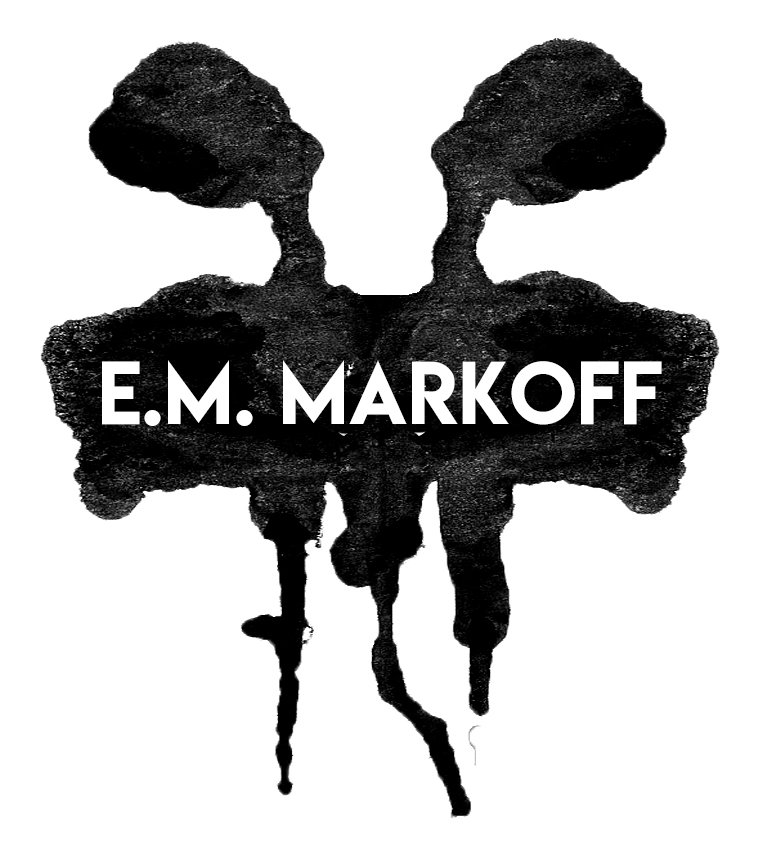My Experience Growing Up Bilingual and How That Informs The Pronunciation of Names in my Books
Part 1:
In which statements are made, but first . . .
This post is spoiler free. Here only for the pronunciation? I gotcha. Scroll down to Part 2 and Fortune be with you. But if you want to get a clear sense where my pronunciations come from and why I have some names pronounced two different ways, then read on.
This post is indebted to a long-time Ellderet reader who stopped by my booth at SVCC 2019 to ask how to pronounce certain names from The Deadbringer. He told me the way he pronounced them, and I told him the way I pronounced them. This conversation prompted me to ask him if a glossary on pronunciation would be a welcome addition to The Faceless God. I can’t recall the exact words he used in response, but he did say that a glossary or something that explained “however you say the names, even if it’s made up” would be welcome.
This got me thinking how I—as someone who grew up speaking and consuming both English and Spanish—approached names in fantasy books. I realized that more often than not that I say the names of characters, places, cities, etc. with a Spanish pronunciation, especially if the spelling lends itself to it. This feels natural to me. Is this my subconscious way of inserting my culture into my everyday narrative so I can see myself represented? Possibly — I do want to see myself in the world around me and in the fantasy stories I read. All those fantasy names with lots of r’s? You can bet I was rolling the r’s in Perrin Aybara’s name.
As for the world of the Ellderet, the way I approach pronunciation is rooted in my experiences as a first generation bilingual Latinx. That is, I often pronounce the names in two different ways, as if reading them in both English and Spanish. Let’s use the name “Judas” as an example. In English, the word has a hard “J” sound (“joo-dus”), while in Spanish the “J” sounds more like an “H” as in “hoo-dahs.” (As you can no doubt tell, I don’t know shit about linguistics.) In my own personal experience, it wasn’t uncommon for me to hear bilingual speakers pronounce their name or a word (like “guacamole”) in both English and Spanish, and to switch back and forth between the two pronunciations in everyday conversation (Spanglish!).
Circling back to the name Judas, if it were my own name, would I prefer being addressed with one pronunciation over the other? It depends. It’s the individual who dictates how their name is pronounced, not everyone else around them. Data from Star Trek: The Next Generation most certainly had a preference, made it known, and asked others to respect his preferred pronunciation. There may be a character in the world of the Ellderet who shares Data’s views. Feel free to take a guess who it is 🙃
Commander Data explains the proper pronunciation of his name.
I most likely did a terrible job explaining myself but, as I mentioned before, I’d never given this topic much thought. For me, switching back and forth between languages, especially when I’m speaking with someone else who grew up speaking both English and Spanish, is normal. Being bilingual is a part of my everyday life and has no doubt found its way into my writing. #OwnVoices, y’all.
Part 2:
Finally, the pronunciation!
One last thing before I show off my amazing phonetic skills . . . Dear reader, say the names how they feel the most natural to you. But, if you want to know how I say them—how the characters refer to themselves in my head—then prepare to enter the madness I warned you about!
The Ellderet Cast
Kira Vidal (Kee-rah or Keer-uh Vee-dahl)
*Eutau Vidal (Oo-tow Vee-dahl)
Elia (Ee-lee-ah)
Sal Zem (Sahl Sem)
Kim Lafont (umm, Kim. Luh-fahnt)
Teemo-Na’dissima Rey de’Es (Tee-mow Nah-dee-see-mah)
J’kara (Jay-kah-ra or Jah-kah-ra)
Lyse (Leez)
Daemeon (Day-mee-on)
Natsu’es (Naht-soo-ess)
Huas-lan (Whas-lahn)
Telera (Te-le-rah)
E’sinea (Eh-see-nee-a or Ee-sin-ay-ah)
Amonos (Ah-mo-nohs)
Marya Herzmmen (Mar-yah Hers-men)
Kristoff Herzmmen (Kris-toff Hers-men)
Ga’jona (Gah-jo-nuh)
Sa (Sah)
Lauchitl (Lau-che-tle)
Adan (Ah-dahn)
*Eutau. It’s Oo-tow, but “tow” as in “ow!” not “I need to tow my car.” :)
The cities and towns of Moenda
Opulancae (Op-you-len-say)
Suelosa (Swey-low-sah or Sue-los-ah)
Rhaemond (Ray-mond)
Xulmé (Shul-meh)
Ilvra (Eel-vrah)
Kessrennt (Kess-rent)
Jané (Ha-neh or Juh-nay)
Ayotil (Ah-yo-teel)
Nhaleri (Nah-le-re)
Florinia (Flo-ree-neeh-ah or Flor-in-ee-uh)
Ulivi (Oo-le-ve)
It may seem strange that I have multiple pronunciations for the same words, but that’s what growing up bilingual is all about.
How would you pronounce these words? 🤔
Until next we meet,
EMM 🥀
2019 Upcoming Events:
10/2/19: Tales of Horror | San Mateo Library | San Mateo, CA | Free | Reading
10/11/19: Stephen Chbosky with E.M. Markoff | Kepler’s Literary Foundation | Menlo Park, CA | 7:30pm - 9pm | Buy tickets
10/19/19: Lit Crawl | Dalva | San Francisco, CA | Free | Reading













